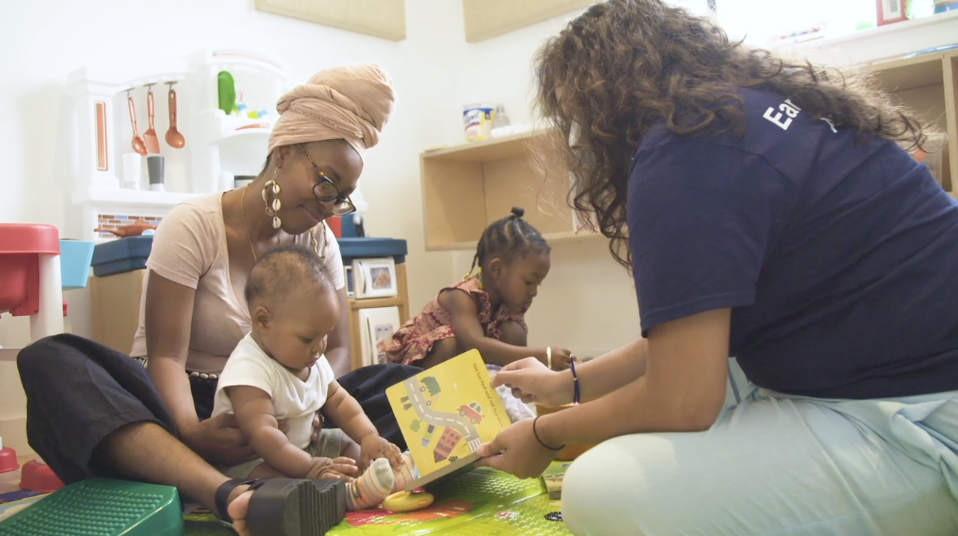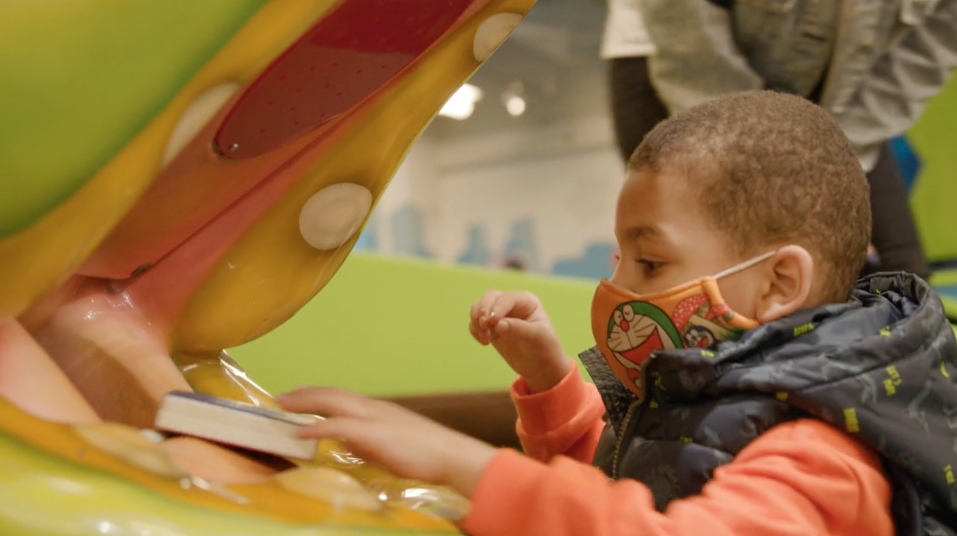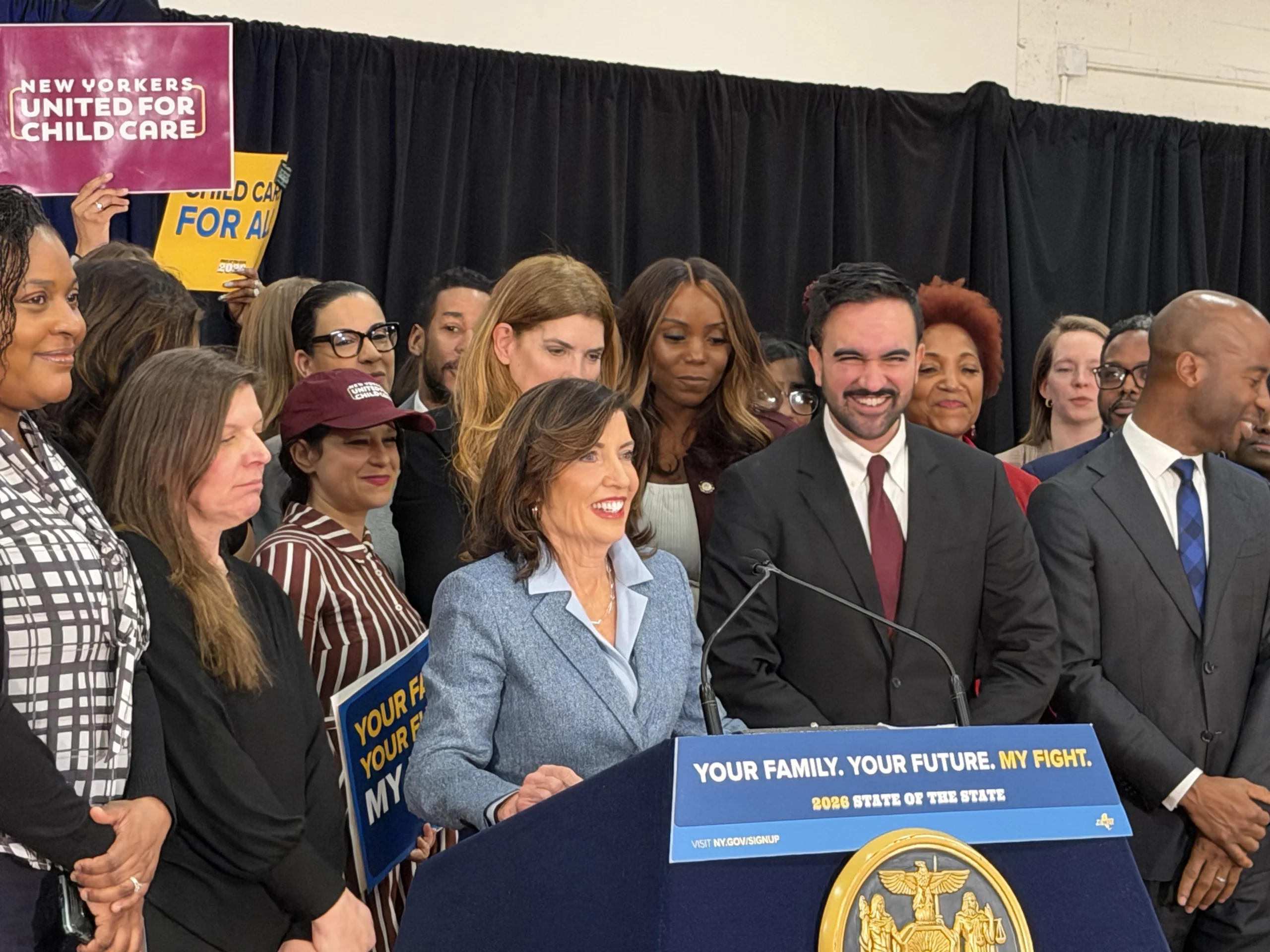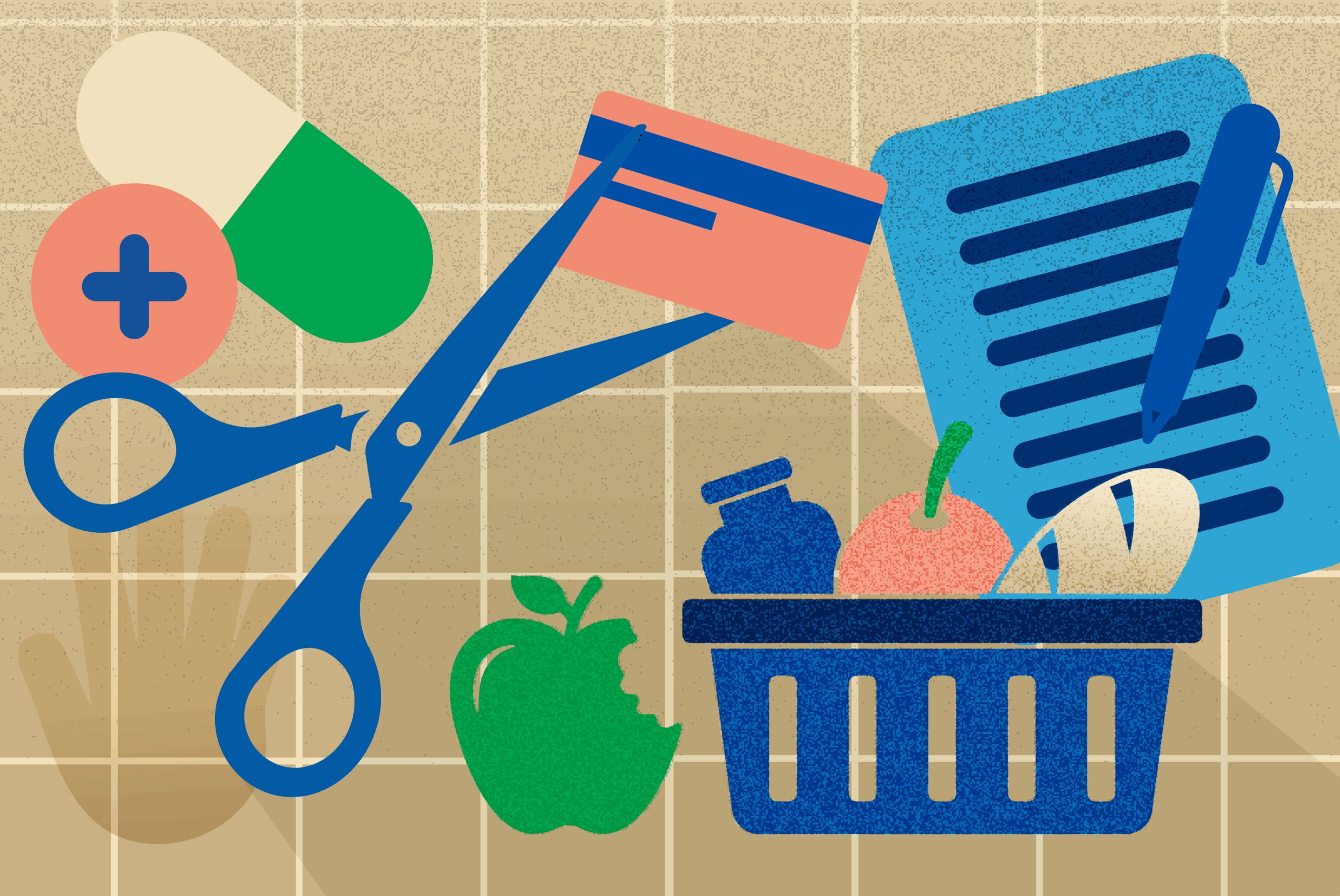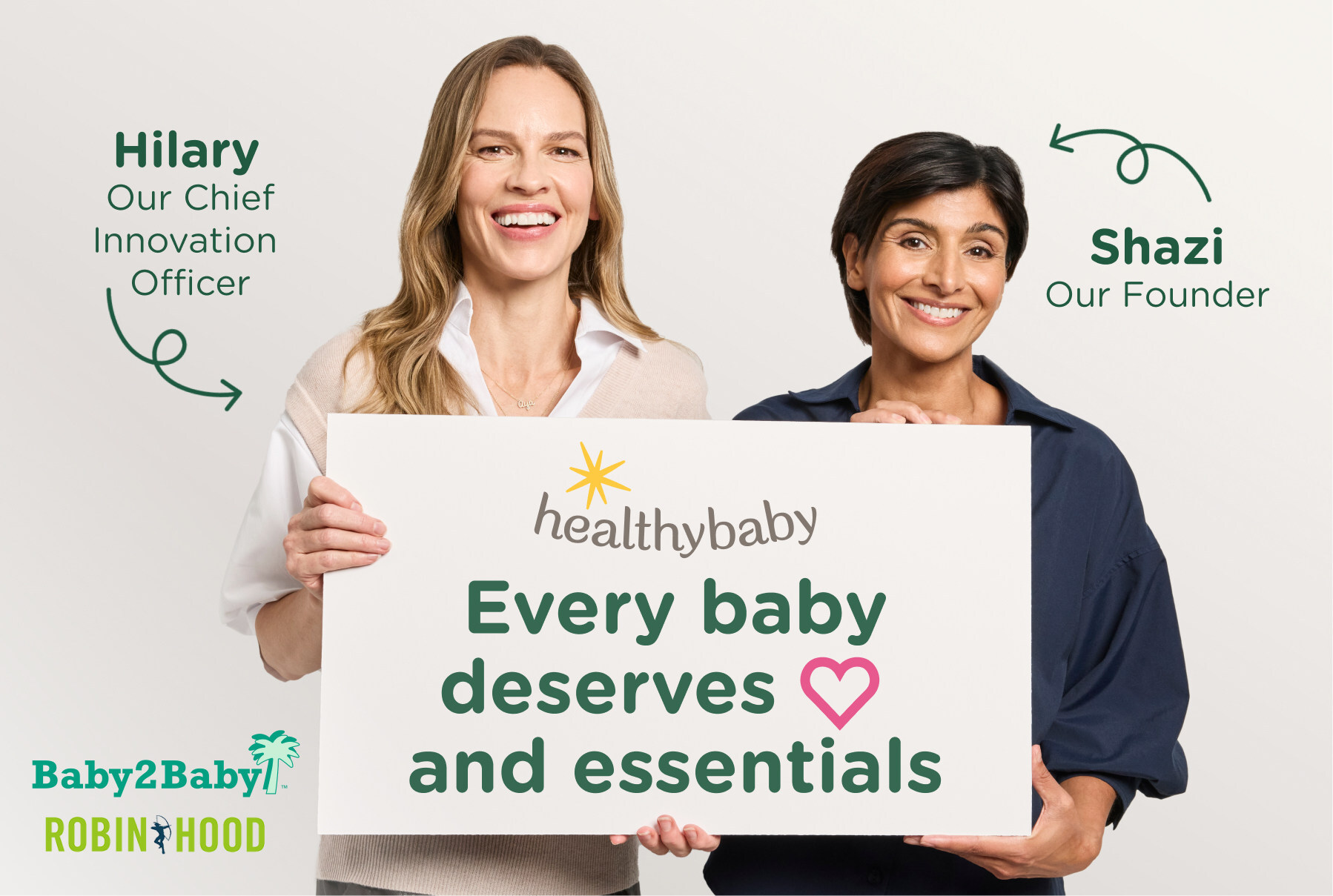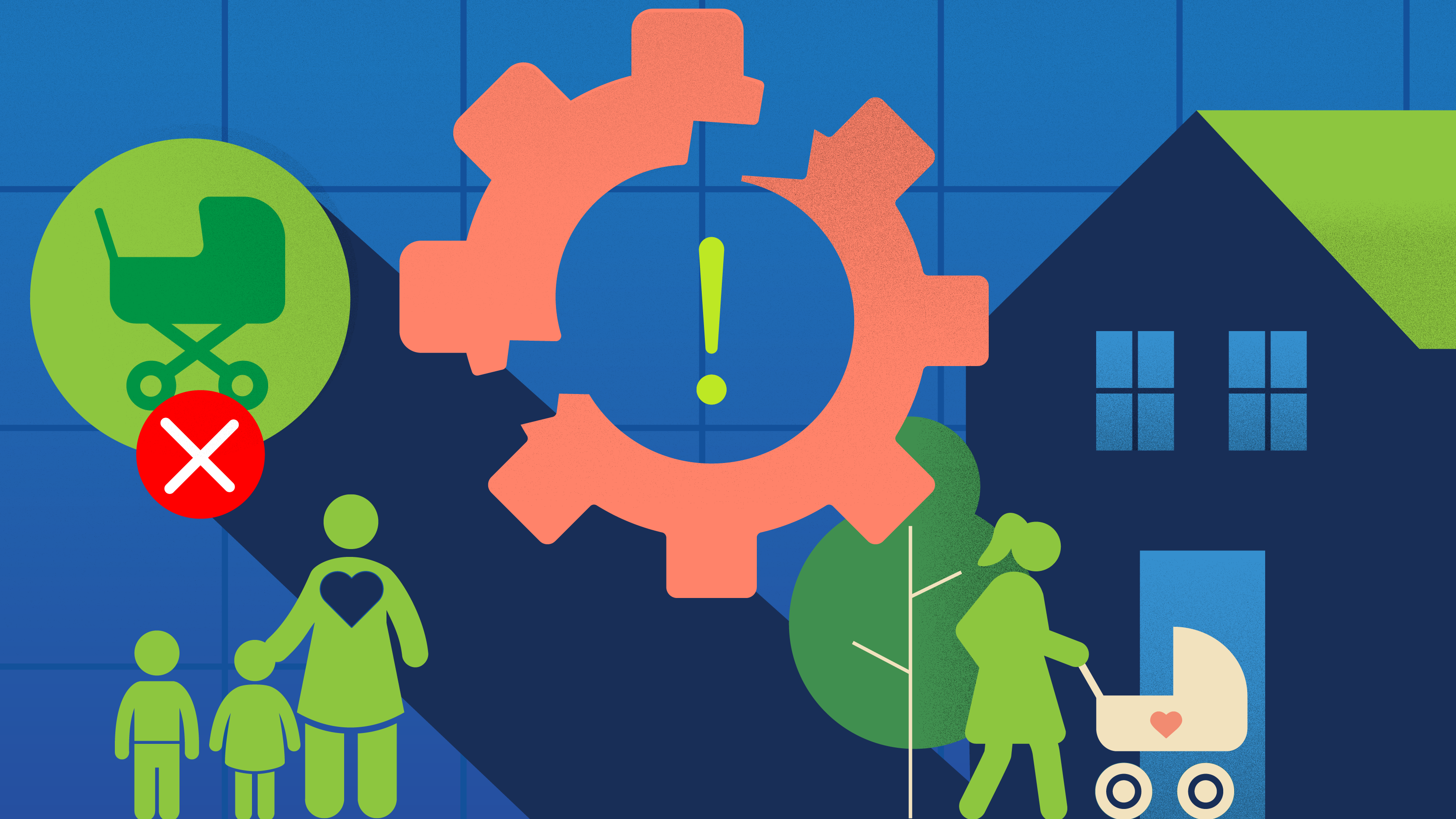Oct 19, 2022
How FUEL 2.0 Continues to Support our Youngest New Yorkers
Learn what’s next in Robin Hood’s plan to build an early learning metropolis in NYC.
By Kelly Escobar, Director, FUEL
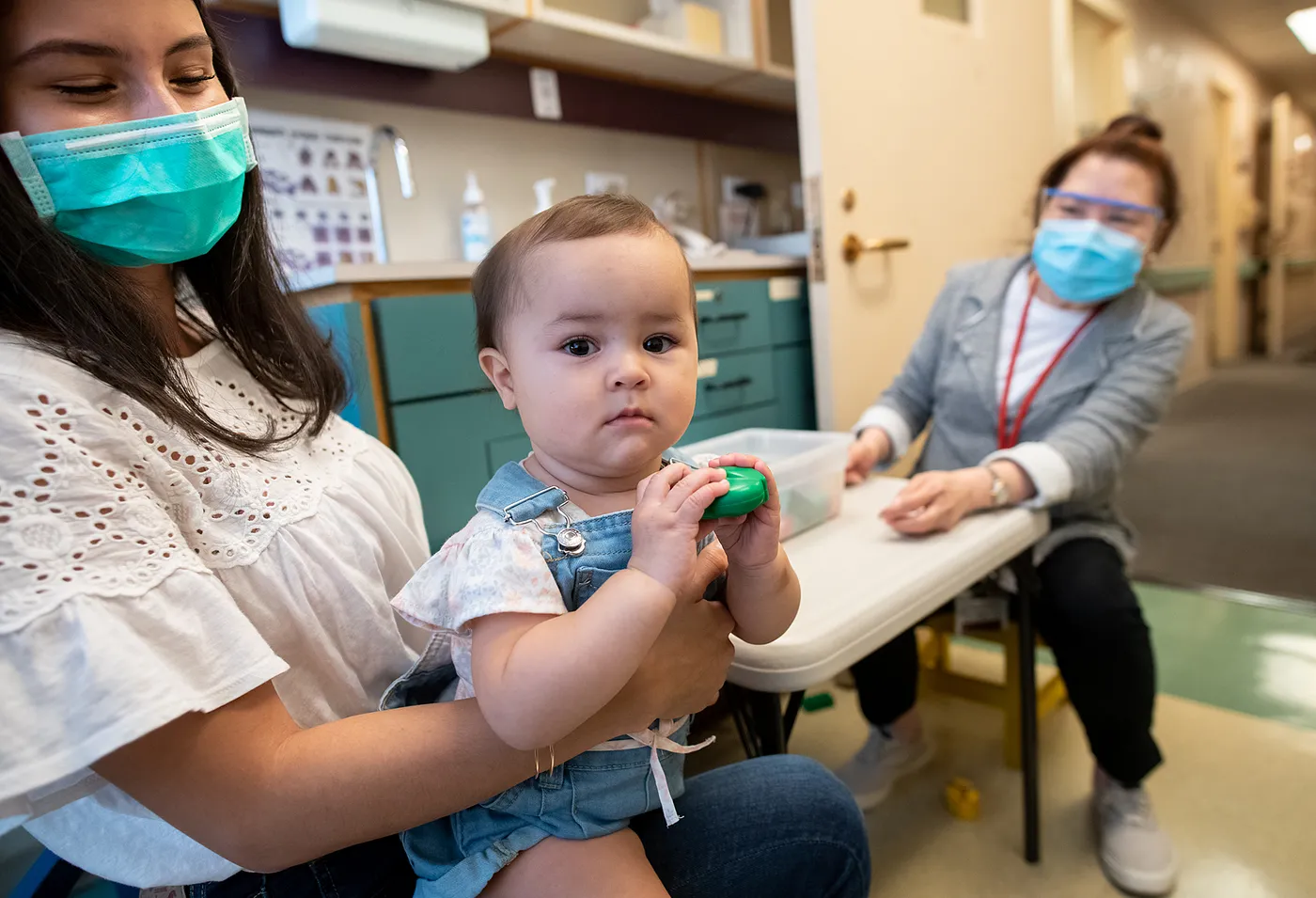
In 2016, FUEL, or Robin Hood’s Fund for Early Learning, kicked off as an initiative dedicated to promoting optimal health and learning outcomes for kids aged 0–3 years during a period where their brains are building foundational connections that set the scene for the rest of their lives. Our initial aim was to reach at least 30,000 of the nearly 100,000 infants and toddlers living in poverty.
To date, we’ve more than doubled that initial target, mainly by effectively partnering with city agencies and institutions so that children and families are put at the forefront of their work, and by making big bets on community-centered organizations that are providing financial and educational resources to develop solutions that work for their own communities.
Now, we’re in a new phase: FUEL 2.0 will target government systems that have touchpoints with infants, toddlers, and their families. It will focus on working more top-down to innovate, seeking intentional systems reform, while asking city and state governments to improve where they’re failing the youngest New Yorkers.
Here are a few of the ways we’re doing it.
Support for Incarcerated Moms
Over 80% of women in prison and jails are mothers, who may not get to interact as often with their children during the most critical development periods of their lives. Through FUEL, we’re supporting a partnership with the Children’s Museum of Manhattan (CMOM) and the Department of Corrections (DOC) to lead a visitation program where incarcerated parents at Rikers get to spend a full day at the museum, in plain clothes — and under full supervision — to engage in bonding and learning activities with their kids.
We’re also supporting a re-entry clinical program with the MOMs Partnership out of Yale University that aims to improve mental health through a stress management series for formerly incarcerated mothers returning to their communities and rejoining their children. The outcomes we have seen are fewer rates of recidivism and maternal depression, both of which are critical important child development indicators, as a mother’s mental health directly affects her child’s.
Lastly, we’ve partnered with Hour Children, a community-based organization that runs the nursery at the state prison complex in Bedford Hills. Hour Children supports the facility’s pregnant and postpartum moms and their babies with a doula, parenting classes, and a family mental health clinician. Many people aren’t aware that babies of incarcerated mothers are born and raised in a prison environment designed for adults, and through this partnership, Robin Hood is working to support a better life for them too.
Expanded Access to Child Care
To take a systems-based approach to our longstanding support for child care, we are working with city and state policymakers, institutions, and organizations to cut red tape and increase access to affordable, quality child care.
FUEL has partnered with the City University of New York (CUNY)’s Campus Child Care Centers to increase the number of infant/toddler seats in eight of their 17 centers, giving student-parents the opportunity to continue their education without having to wait until their children are old enough for traditional daycare centers.
We know the pandemic has caused a mental health crisis for all, and often forgotten about are the backbone of the city — the child care providers helping us raise our children. FUEL has partnered with the NYS Office of Children and Family Services to embed quality mental health supports for child care providers who operate businesses out of their homes. FUEL also supports All Our Kin, a national nonprofit dedicated to empowering home-based child care educators with the training and resources needed to run a stable business, gain access to federal and state funding opportunities, and to provide quality support for the children in their care.
Growing Non-Traditional Early Childhood Spaces
One of FUEL’s most innovative efforts has been FUEL for 50, a $10 million, three-round prize challenge that awards community organizations that support NYC caregivers, broadly defined, including parents, teachers, youth ministers, and anyone who is doing the work of supporting children.
It’s all part of the effort to further transform NYC into what Jackie Bezos has called “an early learning metropolis.”
FUEL for 50 identified unusual suspects — people working in spaces like public libraries, playgrounds, laundromats, churches, and more — who could consider themselves accountable for how children are growing. In the first round FUEL for 50 awarded 50 organizations $25,000 which has enabled them to to begin developing their own child care programs.
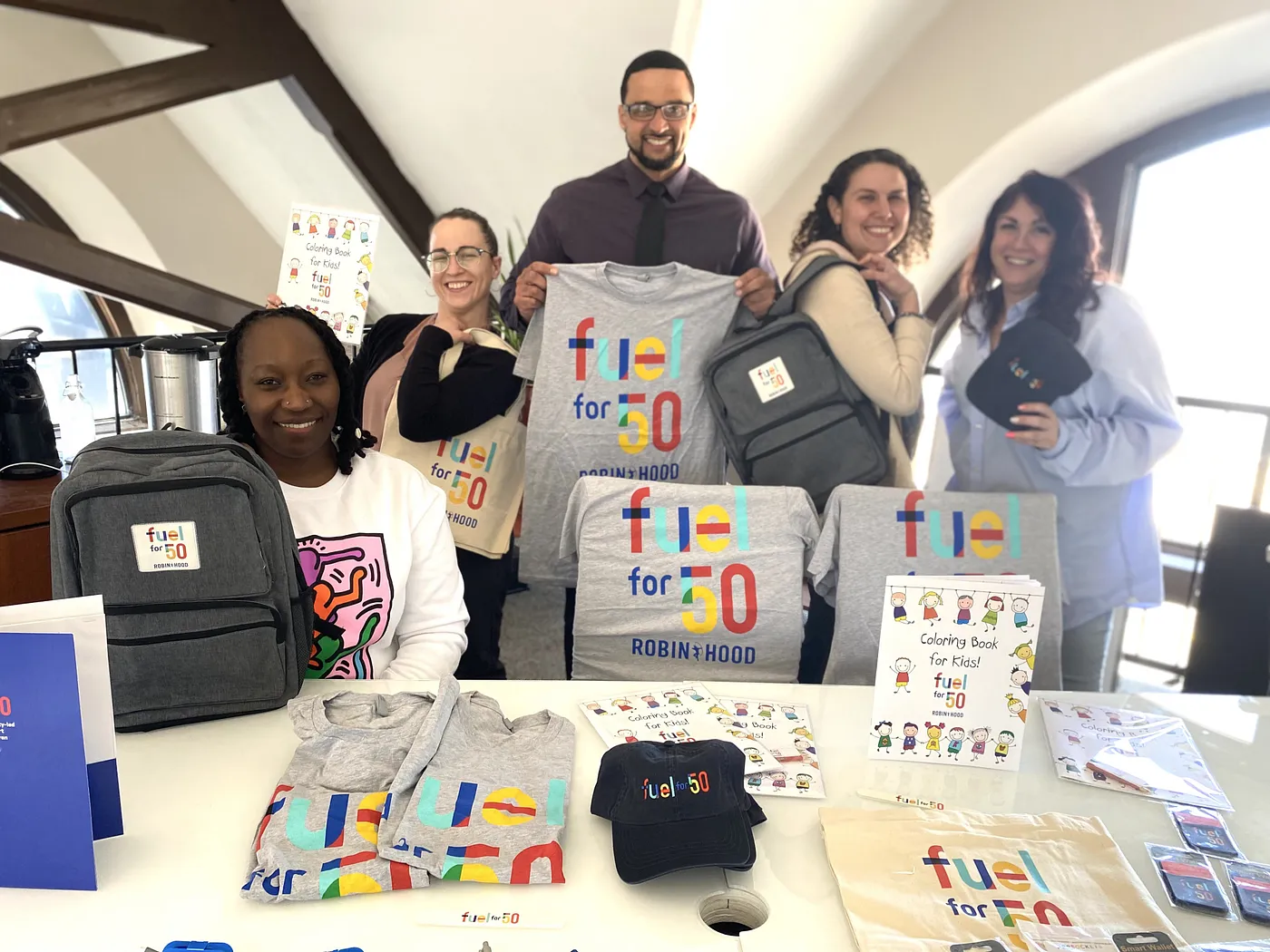
FUEL for 50 awardee Hudson Link
In the next phase of FUEL for 50, 10 of these 50 grant recipients will be selected to receive $250,000 and spend a year piloting their programs. Three winners from that group will get $1 million each. All the while, we’re collecting metrics and measuring success in hopes of scaling this innovative initiative in the future.
The Future of System Reform
As we look to the future, FUEL 2.0’s focus on system reform will include even more innovative interventions to disrupt the status quo and support city’s agencies and institutions:
- We’re working to improve services for Medicaid families by removing barriers from early intervention referrals for Black and brown children, who have the lowest referral rates in the city. We’re supporting the NYC Department of Health and Mental Hygiene as they digitize referrals so that healthcare providers are held accountable and made aware of families’ progress through the system and ensure that they are not lost in the process.
- We’re continuing our work with CUNY to expand infrastructure and increase availability for infant and toddler child care at all 17 university centers in order to support student parents and increase college completion rates.
- We’re continuing our work to transform the physical environment and the mental health clinical services within the New York City shelter system to transform family shelters into high-quality care environments equipped to address the complex needs of the 23,000 children who sleep in shelters every night.
FUEL has established a strong foundation. Over the next five years, this complex, constantly evolving program will strengthen and grow, making the goal of achieving an early-learning metropolis in NYC for even more infants and toddlers a reality.
